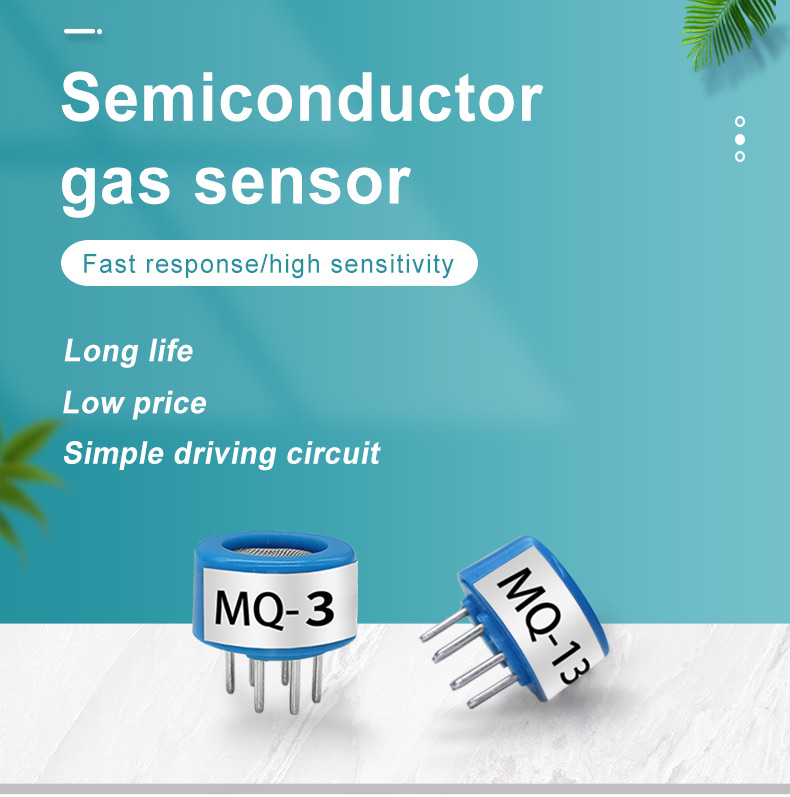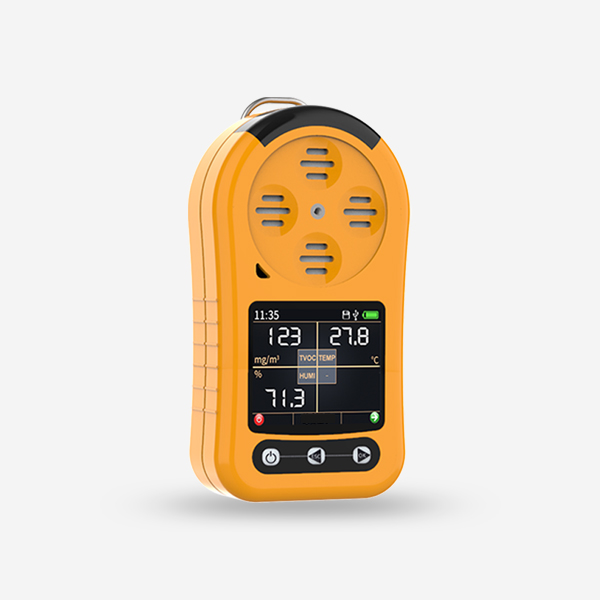Do you know gas sensor

Gas sensor are indispensable devices used for detecting and monitoring hazardous gases in various environments. With the ability to detect potentially harmful gases, gas sensors play a crucial role in ensuring safety in industrial settings, residential areas, and other spaces where gas leakage or exposure can pose significant risks. In this article, we delve into the importance of gas sensors in detecting hazardous gases, their working principles, and their applications across different sectors.
Working Principles of Gas Sensors

Gas sensors operate based on different principles, including electrochemical, semiconductor, infrared, and metal oxide sensors. These sensors are designed to detect specific gases by measuring changes in electrical conductivity, heat, or the absorption of particular wavelengths of light. The selection of gas sensor type depends on the targeted gas species and the required sensitivity levels. Understanding the working principles of gas sensors helps to comprehend their capabilities and limitations.
Industrial Applications
In industrial settings, gas sensors are extensively used to ensure the safety of workers and prevent accidents caused by gas leaks. Gas sensors are employed in oil refineries, chemical plants, and manufacturing facilities to monitor the presence of toxic and flammable gases such as hydrogen sulfide, carbon monoxide, and methane. Early detection of these gases allows for prompt action, such as activating ventilation systems, shutting down equipment, or evacuating personnel to prevent accidents and protect human lives.

Environmental Monitoring
Gas sensors are also employed in environmental monitoring to measure pollutant levels in the air. They assist in identifying the presence of harmful gases emitted from sources such as vehicle emissions, industrial processes, or agricultural activities. By continuously monitoring and analyzing gas concentrations, environmental authorities can identify pollution sources, assess air quality, and implement measures to mitigate the impact on public health and the environment.
Residential and Commercial Applications

In residential and commercial settings, gas sensors serve as crucial safety devices. They are commonly utilized in homes for detecting gases like natural gas or propane, which can be potentially hazardous if leaked. Gas sensors installed near gas-powered appliances or in basements play a vital role in detecting gas leaks early and triggering audible alarms to alert occupants, allowing them to evacuate and call for help promptly.
Emerging Trends and Technological Advances
Advancements in gas sensor technology have led to the development of compact, portable, and highly sensitive sensors with improved accuracy and faster response times. With the advent of IoT (Internet of Things), gas sensors are becoming integral components of smart home systems and industrial IoT applications. These sensors can now integrate with wireless networks, enabling real-time data monitoring, remote control, and automatic alerts. Furthermore, the miniaturization of gas sensors has opened up possibilities for wearable devices that can provide personal exposure monitoring, particularly in occupational settings where workers may encounter hazardous gases.
Conclusion
Gas sensors play a critical role in detecting hazardous gases, safeguarding human health, and minimizing potential risks in various environments. Through their diverse applications in industries, environmental monitoring, residential areas, and advancements in technology, gas sensors continue to evolve and improve. The ability to detect harmful gases promptly allows for rapid response measures, preventing accidents, ensuring workplace safety, and minimizing the impact of air pollution on public health. As technology advances further, we can expect gas sensors to become even more sensitive, efficient, and integrated into various IoT systems, contributing to enhanced safety standards, improved air quality management, and a safer environment for all.